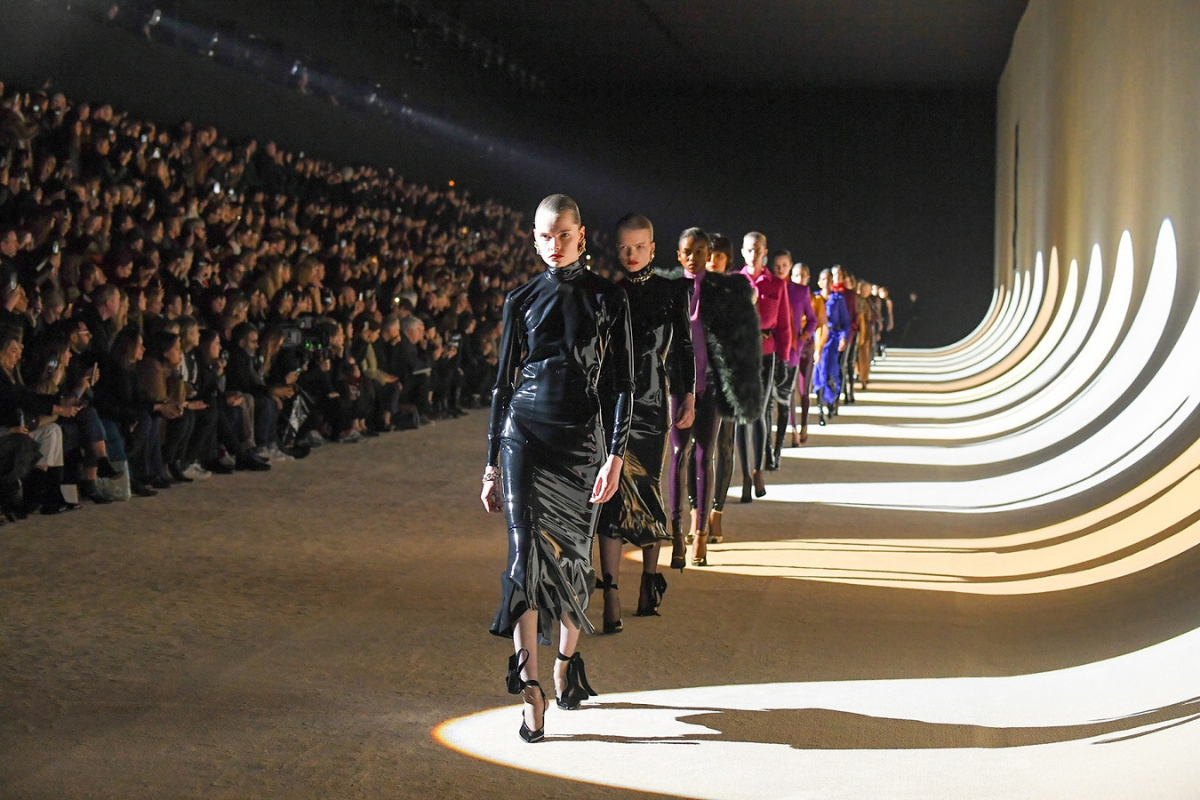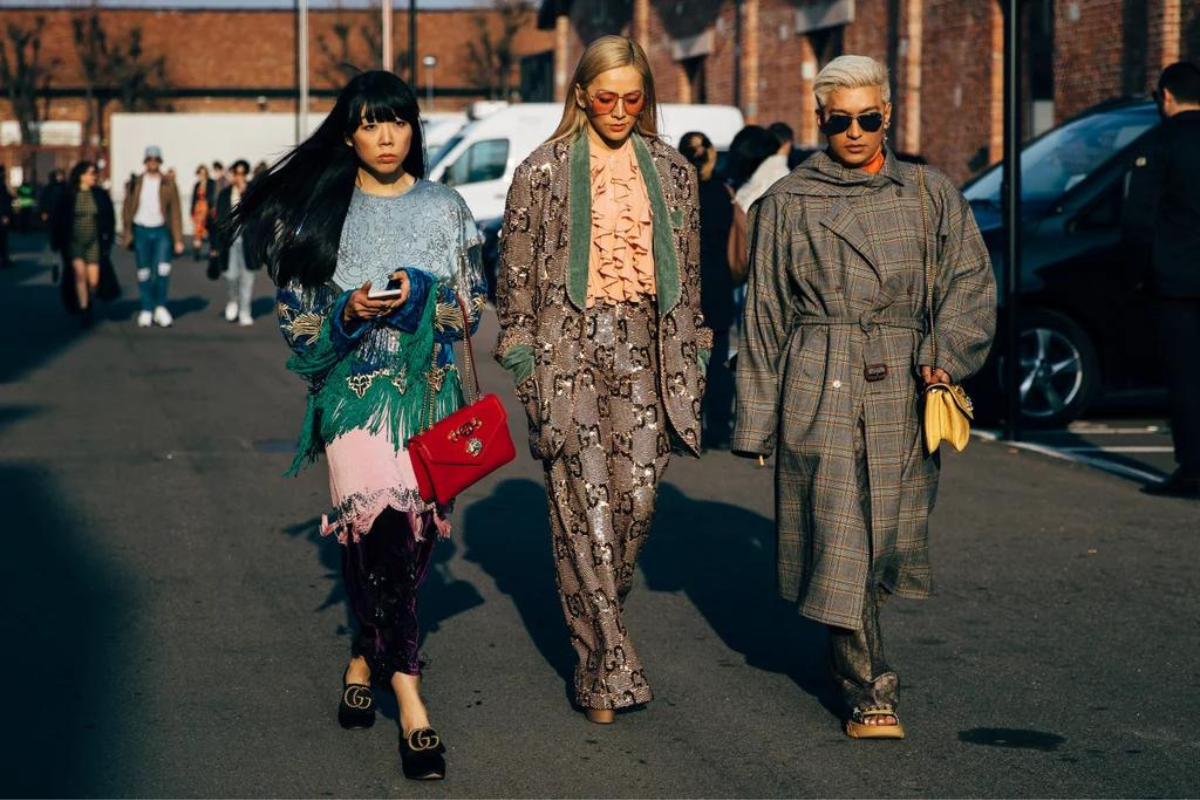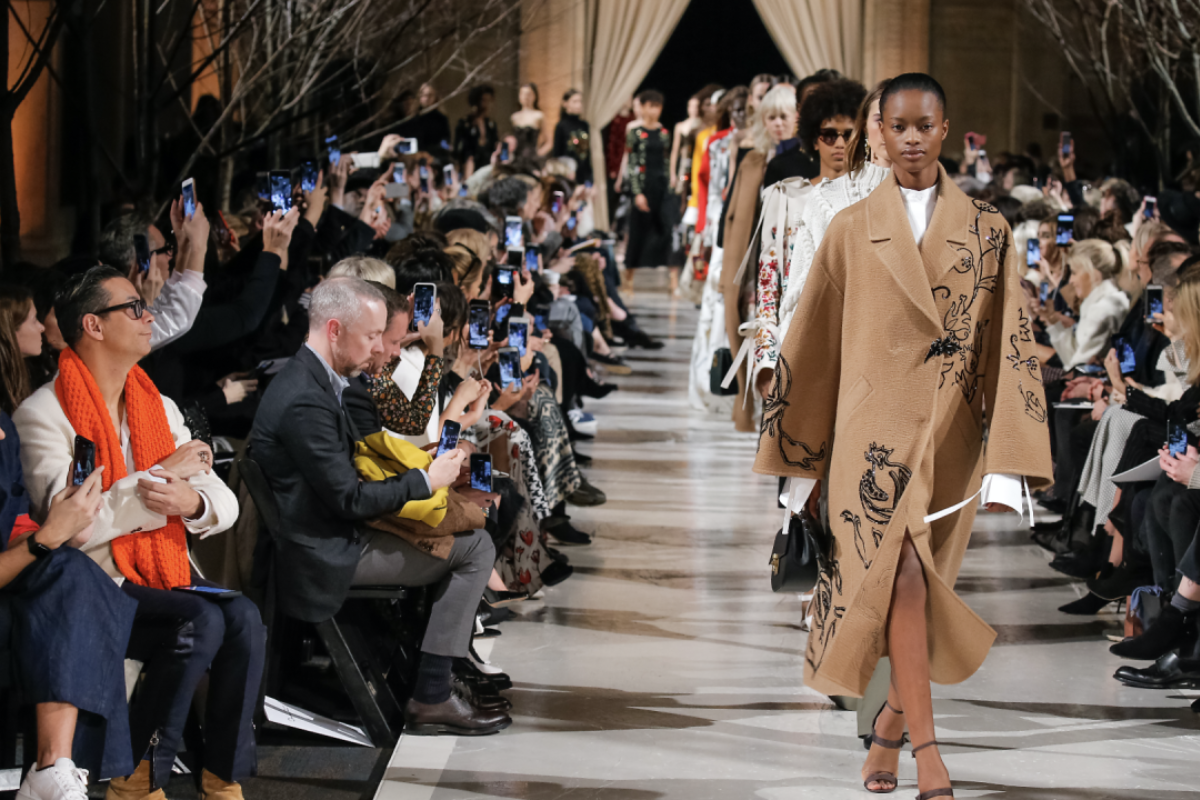Fashion tourism, a term emerging from the intersection of travel and personal style, goes beyond the simple act of shopping on vacation. It’s a burgeoning niche market encompassing a unique blend of cultural immersion, creative exploration, and conscious consumption related to fashion.

Photo: My Fashion Life
Evolving from the pillars of cultural tourism, creative tourism, and shopping tourism, fashion tourism offers a deeper engagement with a destination’s fashion scene. Travellers delve into the local textiles, design processes, historical influences, and emerging trends, enriching their understanding of the place and its people.
Today’s travellers seek experiences beyond sightseeing. They crave authentic connections with local cultures. Fashion tourism allows them to immerse themselves in the creative spirit and craft of a place, fostering a deeper appreciation for its identity.
Besides, platforms like Instagram and TikTok have fueled fashion consciousness and trend awareness globally. Travellers are increasingly interested in discovering unique fashion finds and sharing them online, making them ambassadors for local designers and artisans.
Consumers are also becoming more conscious of the environmental and ethical impact of their purchases. Fashion tourism encourages travellers to support local artisans and independent designers who often utilise sustainable practices and cultural heritage in their creations.
Guided tours take fashion enthusiasts to hidden boutiques, local markets, and designer workshops, offering insider knowledge and personalised experiences. Attending fashion shows, presentations, and industry events allows travellers to witness the creative energy of a destination’s fashion scene firsthand. Or learning traditional textile crafts, embroidery techniques, or garment construction provides a hands-on experience and deepens cultural understanding through cultural workshops. Tourists can also engage with local stylists for personalised wardrobe recommendations based on the destination’s aesthetic and cultural influences.

Photo: RTW Mag
The far-reaching benefits of fashion tourism
Fashion tourism acts as a catalyst for economic growth. By choosing locally crafted souvenirs, visiting independent boutiques, and engaging in workshops with artisans, travellers directly inject money into the local economy. This supports livelihoods, preserves cultural heritage, and encourages sustainable and ethical practices within the fashion industry. As local designers and businesses thrive, they are more likely to invest in eco-friendly production methods and fair labour practices, creating a positive ripple effect throughout the fashion ecosystem.
Fashion tourism fosters cultural exchange, transcending language barriers and fostering mutual understanding. Travellers have the opportunity to connect with local designers, artisans, and communities, gaining insights into their creative processes, cultural influences, and unique fashion expressions. This cross-cultural dialogue breaks down stereotypes, promotes respect and appreciation for diverse perspectives, and encourages a celebration of the rich tapestry of human expression woven into fashion.
Fashion tourism offers a platform for personal growth and self-discovery. By immersing themselves in different fashion styles and engaging in creative activities like workshops and consultations, travellers embark on a journey of exploration and evolution. They gain exposure to new trends, discover unique pieces that resonate with their personal style, and potentially experience a shift in their approach to self-expression through fashion. This journey fosters a deeper connection to style and allows individuals to express themselves in ways that feel authentic and empowering.

Photo: Pop Sugar
The evolving landscape of fashion tourism
The future of fashion tourism paints a picture of personalised experiences, ethical practices, and community-driven initiatives. As travellers continue to prioritise meaningful connections and sustainable choices, this sector is expected to witness significant growth.
Technology will play a significant role in enhancing the fashion tourism experience. Imagine interactive apps connecting travellers with local designers, augmented reality tours showcasing the history and craftsmanship behind garments, and online platforms facilitating personalised shopping experiences or workshop bookings. This seamless integration of technology will cater to diverse preferences and create a more immersive and engaging journey.
With a growing number of eco-conscious travellers, fashion tourism will increasingly prioritise ethical and sustainable practices. This could encompass supporting artisans utilising traditional, eco-friendly techniques, featuring brands committed to fair labour and environmental responsibility, or offering tours of sustainable fashion production facilities. By catering to travellers who value responsible consumption, fashion tourism can contribute to a more ethical and sustainable fashion industry.

Photo: Shutterstock
The future of fashion tourism lies in collaboration. Partnerships between local communities, designers, and tourism operators will unlock the potential for authentic and engaging experiences that celebrate cultural heritage. Community-driven initiatives can involve workshops led by local artisans, cultural fashion shows showcasing traditional attire, or tours highlighting the stories behind local textile production. This collaborative approach fosters economic empowerment for local communities, preserves cultural traditions, and creates a mutually enriching experience for both travellers and locals.

